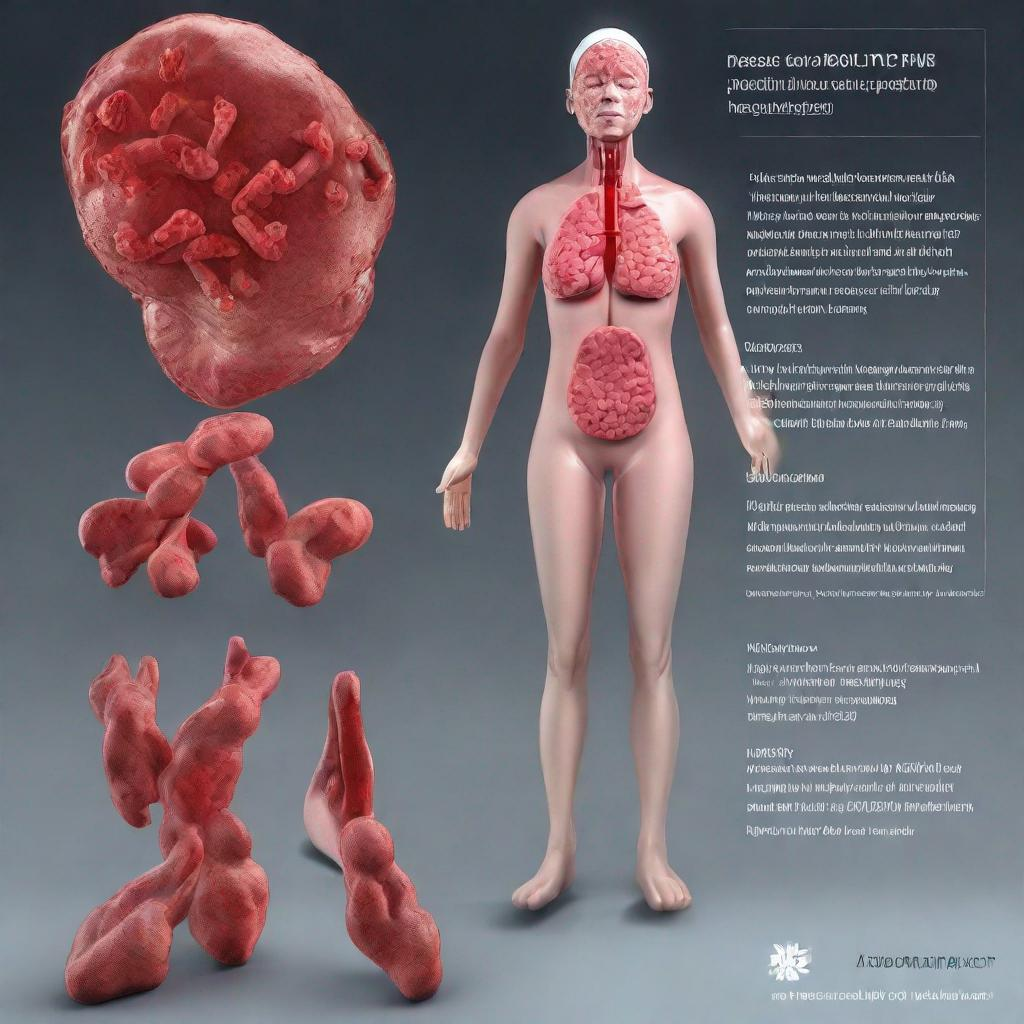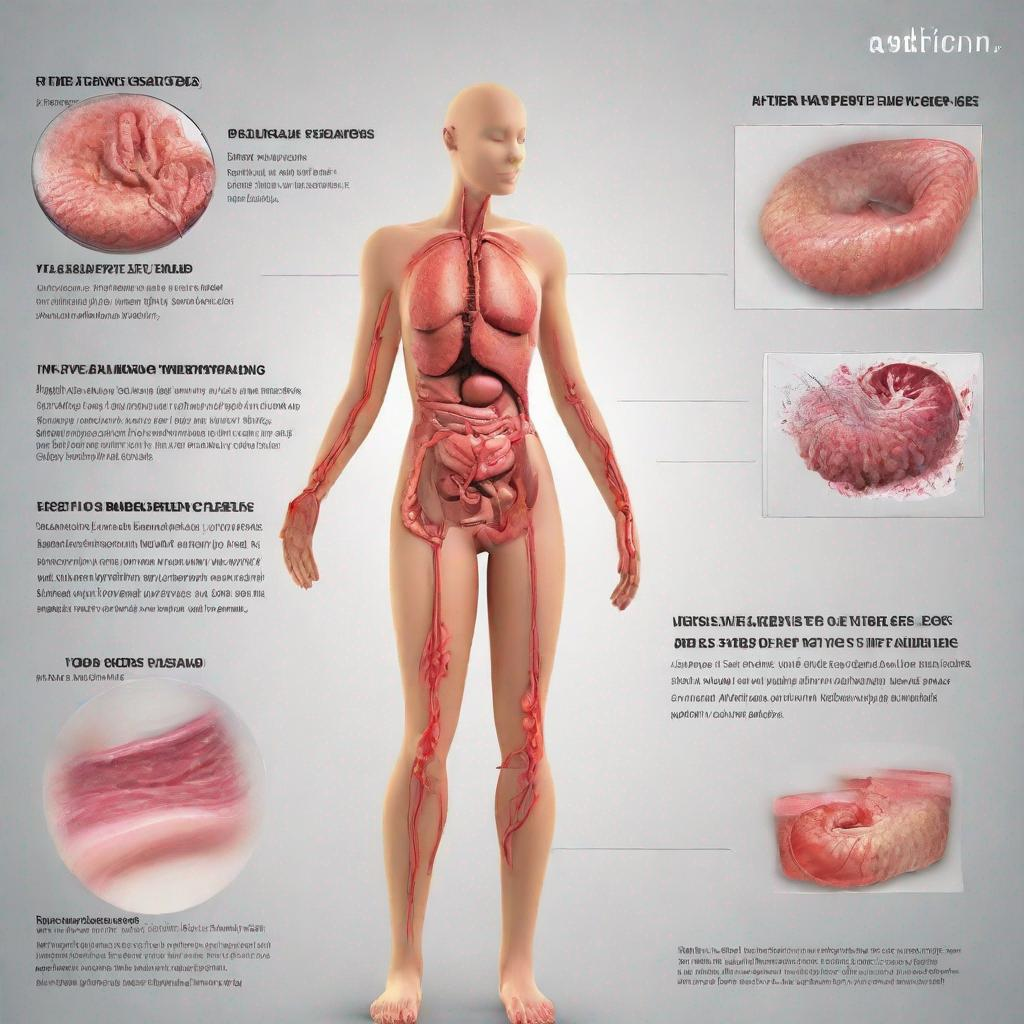## Schizophrenia: Understanding Its Symptoms, Diagnosis, and Treatment
Schizophrenia is a severe mental illness that affects how a person thinks, feels, and behaves. It is characterized by a combination of positive and negative symptoms that can significantly impair daily functioning.
### Symptoms
**Positive Symptoms:**
– Delusions: False beliefs not based on reality
– Hallucinations: Sensory experiences (e.g., hearing voices) that are not present in the external world
– Thought disorder: Difficulty organizing and expressing thoughts
– Disorganized speech: Difficulty speaking coherently and using appropriate language
**Negative Symptoms:**
– Flat affect: Reduced emotional expression
– Avolition: Loss of motivation or drive
– Alogia: Reduced speech output
– Anhedonia: Loss of interest in pleasurable activities
**Other Symptoms:**
– Perceptual disturbances (e.g., seeing or hearing things differently)
– Impaired social functioning (e.g., difficulty forming and maintaining relationships)
– Emotional dysregulation (e.g., inappropriate or excessive emotional responses)
– Cognitive deficits (e.g., impaired attention, memory, and problem-solving abilities)
### Diagnosis
Schizophrenia is typically diagnosed by a psychiatrist or other mental health professional based on the patient’s symptoms, medical history, and a psychiatric evaluation. The evaluation may include a mental status examination, neuroimaging (e.g., MRI, fMRI), and electroencephalography (EEG).
### Causes
The exact cause of schizophrenia is unknown, but it is believed to involve a combination of genetic, environmental, and neurobiological factors. Research suggests that people with schizophrenia have differences in the structure and function of certain brain areas, such as the prefrontal cortex and the limbic system.
### Prevention
There is currently no known way to prevent schizophrenia. However, early detection and intervention can help manage symptoms and improve outcomes.
### Treatment
Treatment for schizophrenia typically involves a combination of medications and psychotherapy.
**Medications:**
– Antipsychotics: These medications help reduce positive symptoms, such as delusions and hallucinations.
**Psychotherapy:**
– Psychotherapy, such as cognitive behavioral therapy (CBT) and social skills training, can help patients manage their symptoms, cope with stress, and improve their social and occupational functioning.
**Other Treatments:**
– Rehabilitation: This may include occupational therapy, supported employment, and housing assistance to help patients live independently.
– Stigma reduction: Education and awareness campaigns can help reduce the stigma associated with schizophrenia and promote acceptance.
### Complications
Untreated schizophrenia can lead to several complications, including:
– Substance abuse
– Medical problems (e.g., cardiovascular disease, metabolic syndrome)
– Social isolation
– Homelessness
– Suicide
### Related Terms
– **Neuroleptics:** A term used to refer to antipsychotic medications.
– **First-episode psychosis:** The initial onset of schizophrenia symptoms.
– **Prodrome:** A period of gradual symptom development before the onset of full-blown psychosis.
– **Comorbidity:** The presence of other mental health conditions alongside schizophrenia, such as depression or anxiety.
– **Stigma:** The negative attitudes and beliefs associated with mental illness.
– **Recovery:** The process of regaining functioning and well-being despite the challenges of schizophrenia.
– **Schizoaffective disorder:** A condition that shares symptoms of both schizophrenia and mood disorders.



